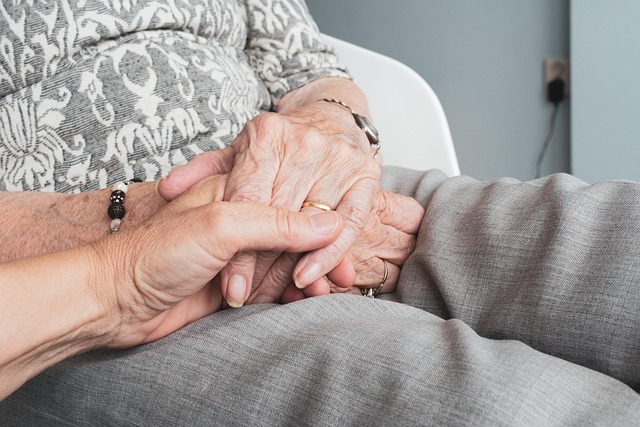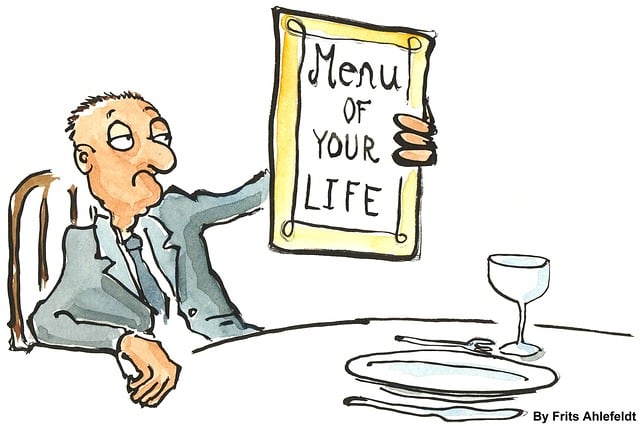
Working in adult social care means constantly navigating the delicate balance between two equally important responsibilities. The challenge of duty of care vs individual rights is at the heart of this work—you want to keep the people you support safe and protected, but you also know they have the right to make their own choices, even when those choices might involve some risk.
This dilemma plays out in countless ways throughout your working day. You might be supporting someone who refuses to wear warm clothes in winter, or someone living with dementia who doesn’t want to take their medication. These moments can leave you feeling torn between your professional obligations and your respect for the person’s autonomy. The ongoing tension between the duty of care and individual rights becomes part of your everyday decision-making.
When Safety and Freedom Collide
Every care professional has been there—that moment when what feels safest conflicts with what the person wants to do. Your duty of care tells you to prevent harm, but you also know that everyone has the legal right to make decisions that others might consider unwise. The Mental Capacity Act 2005 is clear about this: people can make choices that seem risky or foolish to others, which creates a delicate balancing act. You’re trying to provide safe, ethical care while still honouring the person’s right to live their life on their terms. It’s not always straightforward, and there’s rarely a perfect answer in the debate of duty of care vs individual rights.
Rethinking Risk
Here’s something that might help: risk isn’t the same thing as harm. All of us take risks every single day—we cross busy streets, try new foods, and open our hearts to other people. Life without any risk wouldn’t be life at all.
In adult care, the goal isn’t to wrap people in cotton wool and eliminate every possible danger. Instead, it’s about understanding risks and working together to manage them in ways that preserve as much independence as possible. A good risk assessment shouldn’t be a tool for restricting someone’s life—it should be a conversation about how to support them to live it safely.
Who Gets to Decide?
The Mental Capacity Act provides clear guidance in this regard: we must assume that everyone can make decisions unless there’s evidence to the contrary. And having capacity includes the right to make choices that others might think are wrong or dangerous.
When someone lacks the capacity for a particular decision, you must act in the individual’s best interests and refer to their care plan, which should reflect actions that you should take. But this doesn’t mean making the most cautious choice possible. You need to consider what they would have wanted, what matters to them, and their core values. The decision should be proportionate and allow for as much freedom as possible.
When Protection Becomes Prison
There’s a real danger in being overly cautious. When care becomes too restrictive, it can strip away someone’s sense of autonomy and control. Individuals might start to feel like life is happening to them rather than them living it, which can lead to depression, frustration, and a loss of dignity.

That’s why involving the person in decisions about their care is so important. Even when someone’s capacity is limited, there are usually ways to give them choices and maintain their sense of control over their own life. This approach helps maintain the balance between the duty of care and individual rights, even in complex or high-risk situations.
Living with the Balance
The truth is, balancing the duty of care versus individual rights isn’t something you figure out once and then apply forever. It’s a daily process that requires constant attention, professional judgment, and genuine respect for the people you support.
It means being curious about what matters to each person rather than imposing your ideas about what’s best. It means listening carefully and being willing to be creative in finding solutions. And it means remembering that respecting someone’s autonomy isn’t the opposite of caring for them—it’s one of the most caring things you can do.
This balance will look different for every person you support and will change as their needs and circumstances evolve. However, by keeping both their safety and freedom at the heart of your practice, you can provide care that truly honours their humanity.

